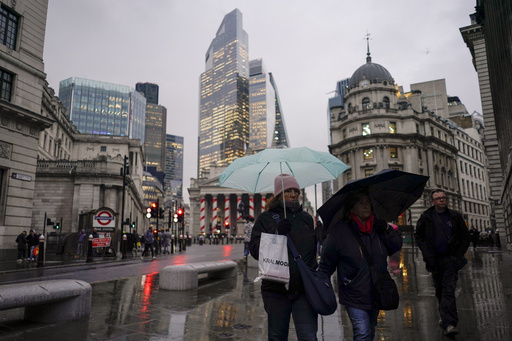Inflation in the United Kingdom surged to a six-month peak in October, exceeding the targets established by the Bank of England’s policymakers. This shift, disclosed in official data, is likely to solidify market predictions that there will not be any additional reductions in borrowing costs before the end of the year.
The Office for National Statistics reported that a rise in domestic energy expenses propelled consumer price inflation to 2.3% year-over-year in October, a significant increase from the three-year low of 1.7% recorded the previous month. This uptick surpassed expectations, which had predicted a more gradual rise, pushing inflation above the Bank of England’s target of 2%.
Earlier this month, the central bank raised its primary interest rate by 0.25 percentage points to 4.75%, marking the second increase in a span of three months after inflation had dropped to its lowest level since April 2021.
However, Bank Governor Andrew Bailey noted that a rapid decline in rates is not anticipated in the upcoming months, partly due to recent budgetary actions taken by the newly appointed Labour government, which are expected to further elevate prices. The rate-setting committee is scheduled to convene for one last time this year on December 19, where they will have access to more comprehensive monthly inflation data.
Globally, central banks have significantly raised borrowing rates from near-zero levels during the COVID-19 pandemic, responding to the initial surge in prices driven by supply chain disruptions and later exacerbated by Russia’s invasion of Ukraine, which severely impacted energy costs. As inflation rates have begun to ease from their highest levels in decades, central banks are now gradually lowering interest rates.



